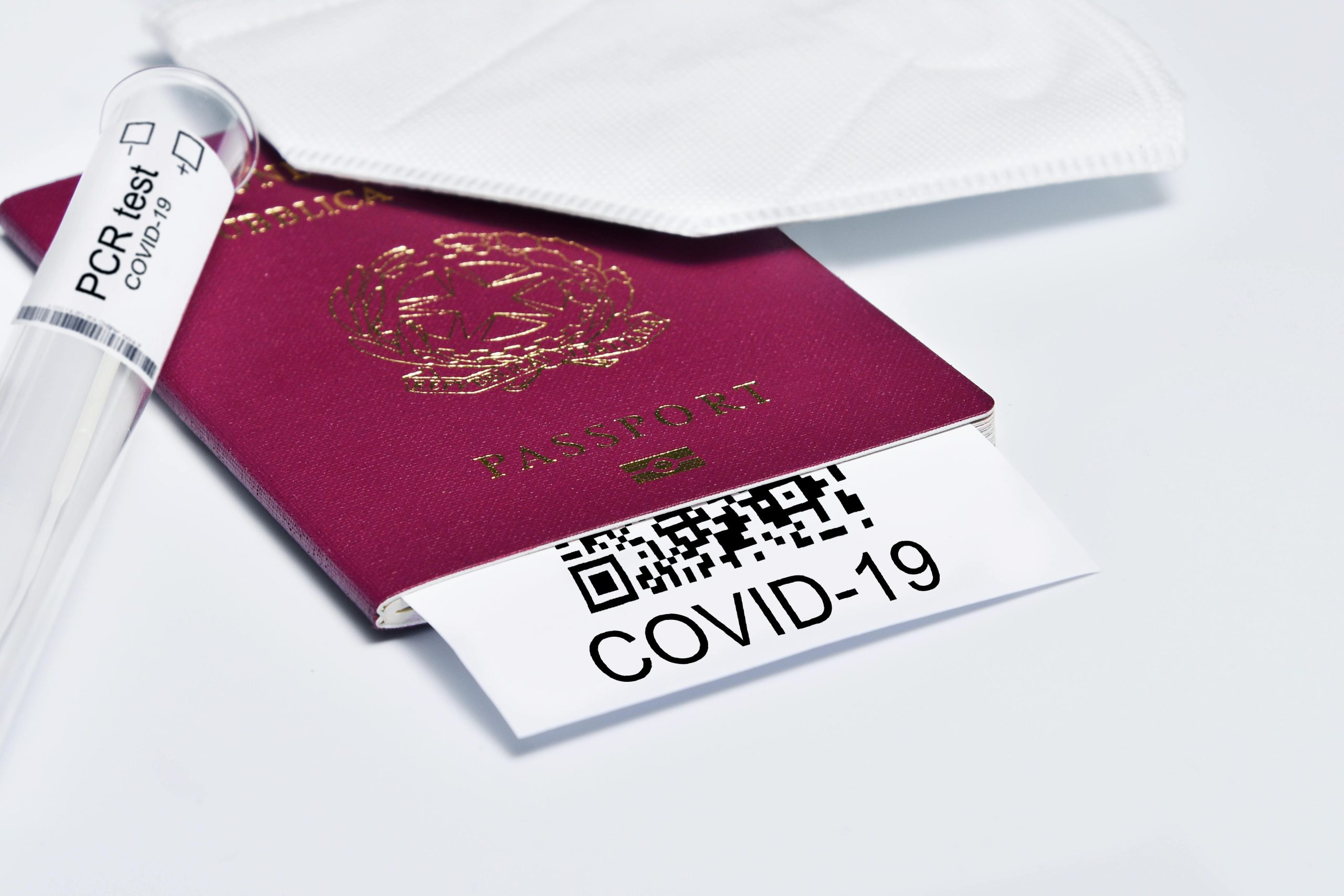Launching a Values-Based Matchmaking Business Without Formal Qualifications: Is It Viable?
In today’s evolving dating landscape, there’s a growing appetite for personalized, respectful matchmaking services that prioritize genuine connection over transactional interactions. For young entrepreneurs interested in filling this niche, especially in regions where such services are scarce, the prospect can be both exciting and daunting—particularly without formal credentials or certifications.
This article explores the feasibility of starting a confidential, psychology-driven matchmaking enterprise as a young, self-taught individual, and offers insights into key considerations for success.
Identifying a Market Need
Many countries lack structured, professional matchmaking platforms rooted in psychological principles. Traditional methods often rely on family networks or casual online apps, which may lack trustworthiness or cultural acceptance. This gap presents an opportunity for innovative entrepreneurs to introduce services that emphasize confidentiality, compatibility, and cultural sensitivity.
Personal Expertise: The Foundation
If you possess an innate skill for understanding people—grasping compatibility, navigating emotional intricacies, and recognizing red flags—you’re already demonstrating valuable qualities often associated with professional matchmakers. Your informal experience, like “unofficial” matchmaking among friends, can serve as a solid foundation for a formalized service.
Business Concept
Proposed services could include:
- Private, one-on-one consultations
- In-depth personality and value assessments
- Discreet matchmaking that eschews casual dating apps
- Respect for cultural norms and safety considerations
These elements can set your service apart by emphasizing quality, confidentiality, and alignment with clients’ core values.
Important Questions and Considerations
- Trust and Credibility Without Formal Credentials
While lacking a formal degree or psychological certification is common among entrepreneurs, establishing trust depends heavily on transparency, professionalism, and confidentiality. Clear communication about your methods, privacy policies, and a strong ethical stance can help reassure clients.
- Building Trust Without Credentials
Potential clients might look for guarantees of discretion, success stories (while respecting privacy), and a rigorous process. Client testimonials, a professional website, and transparent procedures can contribute to credibility.
- Legal and Ethical Protections
Operating a matchmaking service involves responsibilities, especially regarding client safety. It’s crucial to:
- Develop comprehensive terms of service
- Maintain clear confidentiality agreements
- Have protocols for handling sensitive situations (e.g., dates that turn problematic)
-
Consider counseling or legal consultation to understand liabilities and how to manage incidents ethically and legally
-
Transparency About Age
Honesty fosters trust. Sharing your age upfront can demonstrate transparency; however, if









